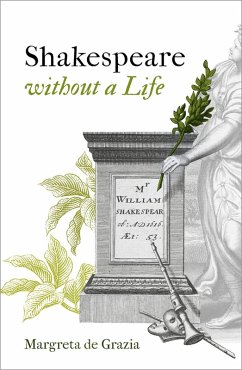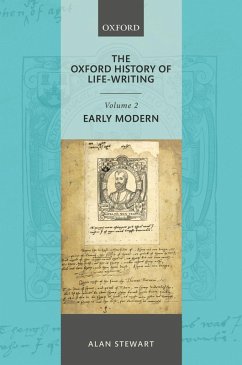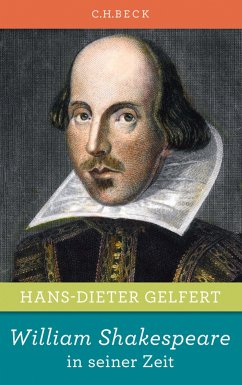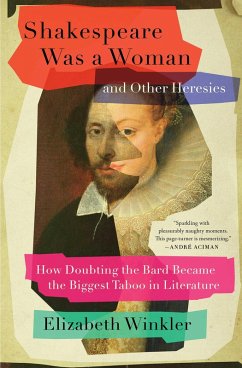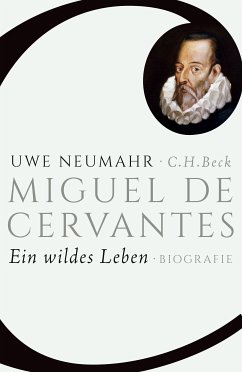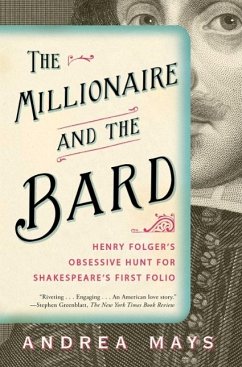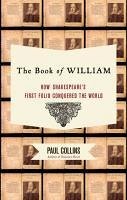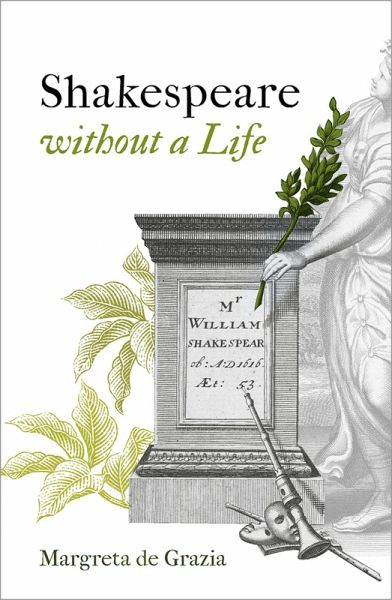
Shakespeare Without a Life (eBook, ePUB)
Versandkostenfrei!
Sofort per Download lieferbar
17,95 €
inkl. MwSt.
Weitere Ausgaben:

PAYBACK Punkte
9 °P sammeln!
A fascinating account of how Shakespeare's works were understood and valued by readers and writers from the seventeenth to the nineteenth century, before Shakespeare's biography came to dominate readings of his plays and poetry. For almost two centuries after his death, Shakespeare had no biography. The makings of one were not available. No chronology had been devised by which to coordinate the events in his life with the writing of his works. Nor was there an archive of primary materials on which to base a life. And the only work by Shakespeare written in the first person, the Sonnets, had y...
A fascinating account of how Shakespeare's works were understood and valued by readers and writers from the seventeenth to the nineteenth century, before Shakespeare's biography came to dominate readings of his plays and poetry. For almost two centuries after his death, Shakespeare had no biography. The makings of one were not available. No chronology had been devised by which to coordinate the events in his life with the writing of his works. Nor was there an archive of primary materials on which to base a life. And the only work by Shakespeare written in the first person, the Sonnets, had yet to be critically edited and incorporated into the canon. Without a biography, how could Shakespeare have been valued and understood? In Shakespeare without a Life, Margreta de Grazia looks at aspects of Shakespeare's reception between 1600 and 1800 that have been all but lost to the now still prevailing biographical impulse. It recovers the anecdote as a form of literary criticism, retrieves the ancient category of genre as the canon's organizing rubric, demonstrates how the quest for authentic documents invalidated other forms of literary record, and reveals how the desire to forge connections between Shakespeare's life and the Sonnets occluded his self-presentation as the 'deceasèd I' of a posthumous poet.
Dieser Download kann aus rechtlichen Gründen nur mit Rechnungsadresse in A, B, BG, CY, CZ, D, DK, EW, E, FIN, F, GR, HR, H, IRL, I, LT, L, LR, M, NL, PL, P, R, S, SLO, SK ausgeliefert werden.




